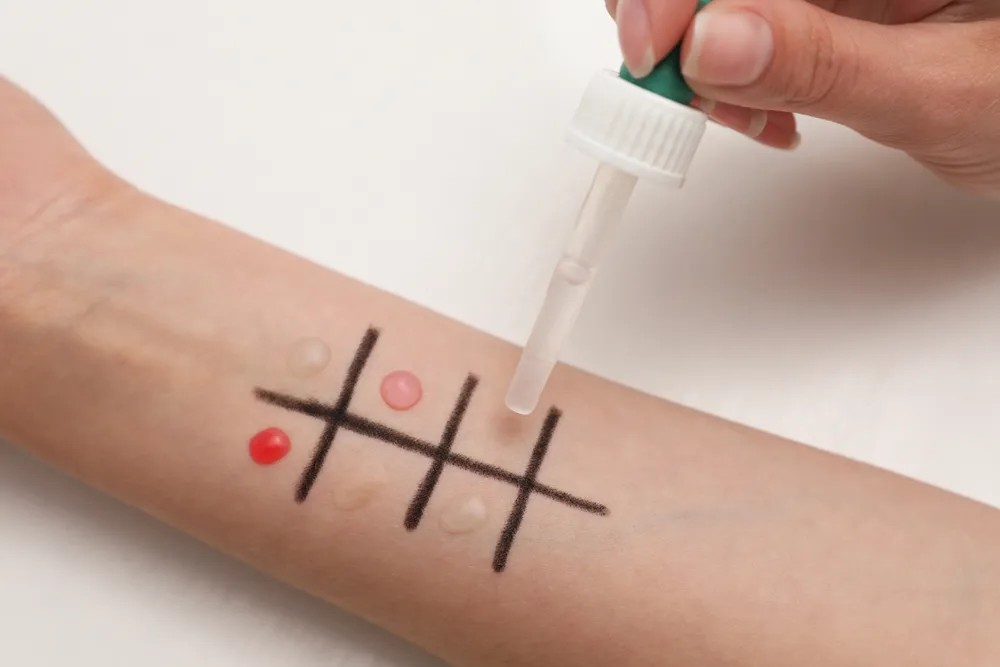Caffeine, a common stimulant found in coffee, tea, and chocolate, can interfere with allergy testing. Understanding why requires a look at how allergy tests work and how caffeine affects the body. This article explains why abstaining from caffeine before an allergy test is crucial for accurate results.
There are several types of allergy tests used to pinpoint specific allergens. These include skin prick tests, intradermal skin tests, patch tests, blood tests, and challenge tests. Accurate results are essential for effective allergy management.
How Allergy Tests Work
Allergy tests work by exposing your body to potential allergens and observing the reaction. Skin tests involve introducing small amounts of allergens to the skin surface, either through pricks or injections. A reaction, such as redness and swelling, indicates a possible allergy. Blood tests measure the level of allergen-specific antibodies in your bloodstream.
Caffeine’s Impact on the Body and Allergy Testing
Caffeine stimulates the central nervous system and can cause a release of adrenaline. This can mask or diminish the allergic response during testing, leading to false negatives. Specifically, caffeine can:
- Constrict blood vessels: This can reduce skin reactivity, making it harder to observe a reaction during a skin prick or intradermal test.
- Suppress histamine release: Histamine is a key chemical involved in allergic reactions. Caffeine can interfere with its release, potentially leading to a less pronounced reaction.
- Interact with allergy medications: Caffeine can interact with antihistamines, which are often used to treat allergies. This interaction can further complicate test results.
Types of Allergy Tests Affected by Caffeine
While caffeine can potentially affect all allergy tests, its impact is most pronounced on skin tests:
Skin Prick Test:
This common test involves pricking the skin with a tiny amount of allergen. Caffeine’s vasoconstricting effects can make it difficult to observe a positive reaction.
Intradermal Skin Test:
Similar to the skin prick test, but the allergen is injected just below the skin’s surface. Caffeine can similarly impact the visibility of a reaction.
Other Allergy Tests:
While less directly affected, caffeine can still influence the overall physiological state of the body, potentially impacting blood tests and challenge tests. It’s best to avoid caffeine before any allergy testing to ensure accuracy.
Ensuring Accurate Allergy Test Results
To ensure accurate allergy test results, healthcare providers generally recommend avoiding caffeine for at least 24 to 48 hours before testing. This allows your body to clear the caffeine and ensures that your immune system will react normally to the allergens. Always follow your doctor’s specific instructions regarding pre-test preparation.
Conclusion
Avoiding caffeine before an allergy test is essential for obtaining accurate results and ensuring proper diagnosis and treatment. By understanding how caffeine interacts with the body and allergy tests, you can take the necessary steps to prepare for testing and receive the most reliable results. Consult with your allergist for personalized advice and guidance.
